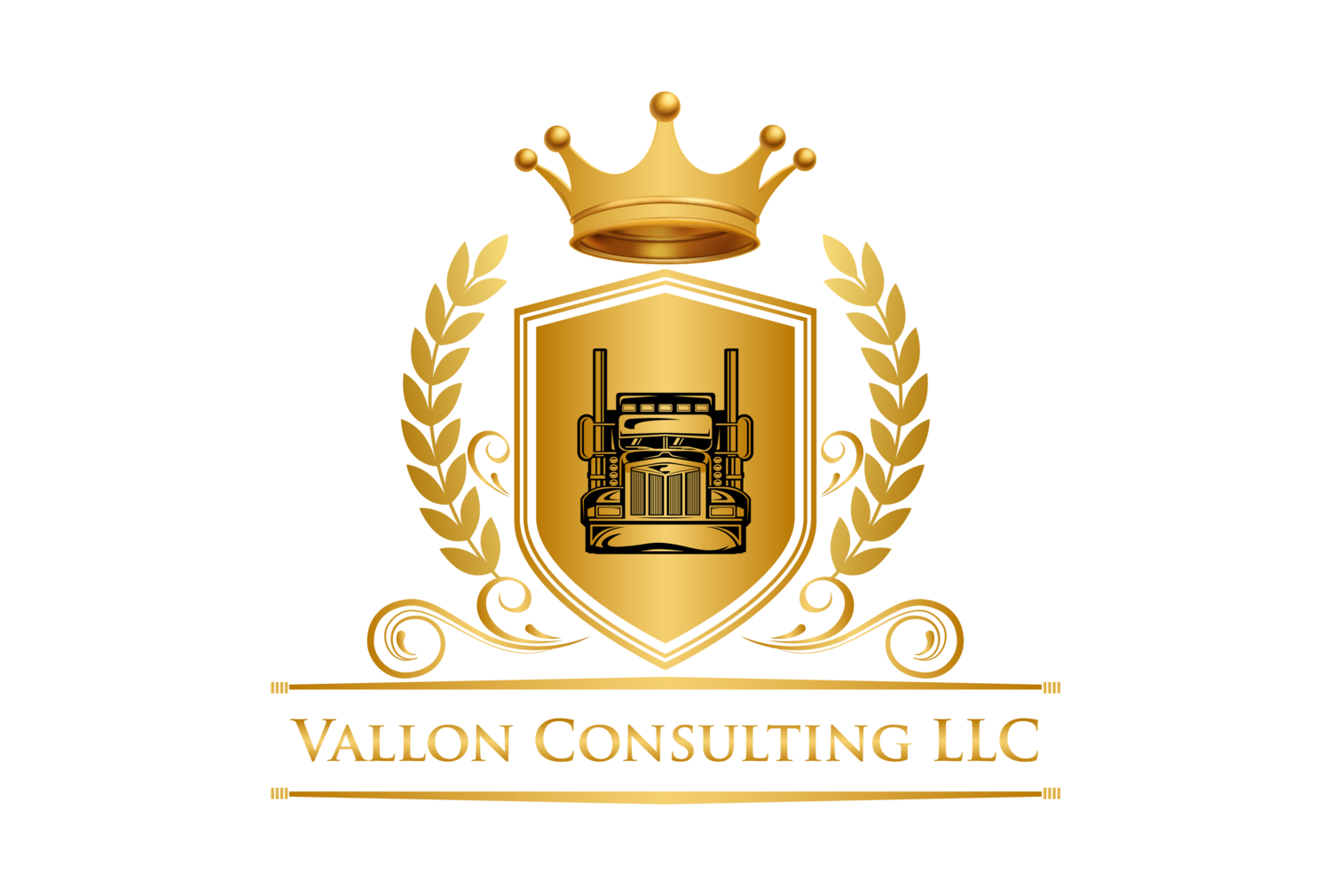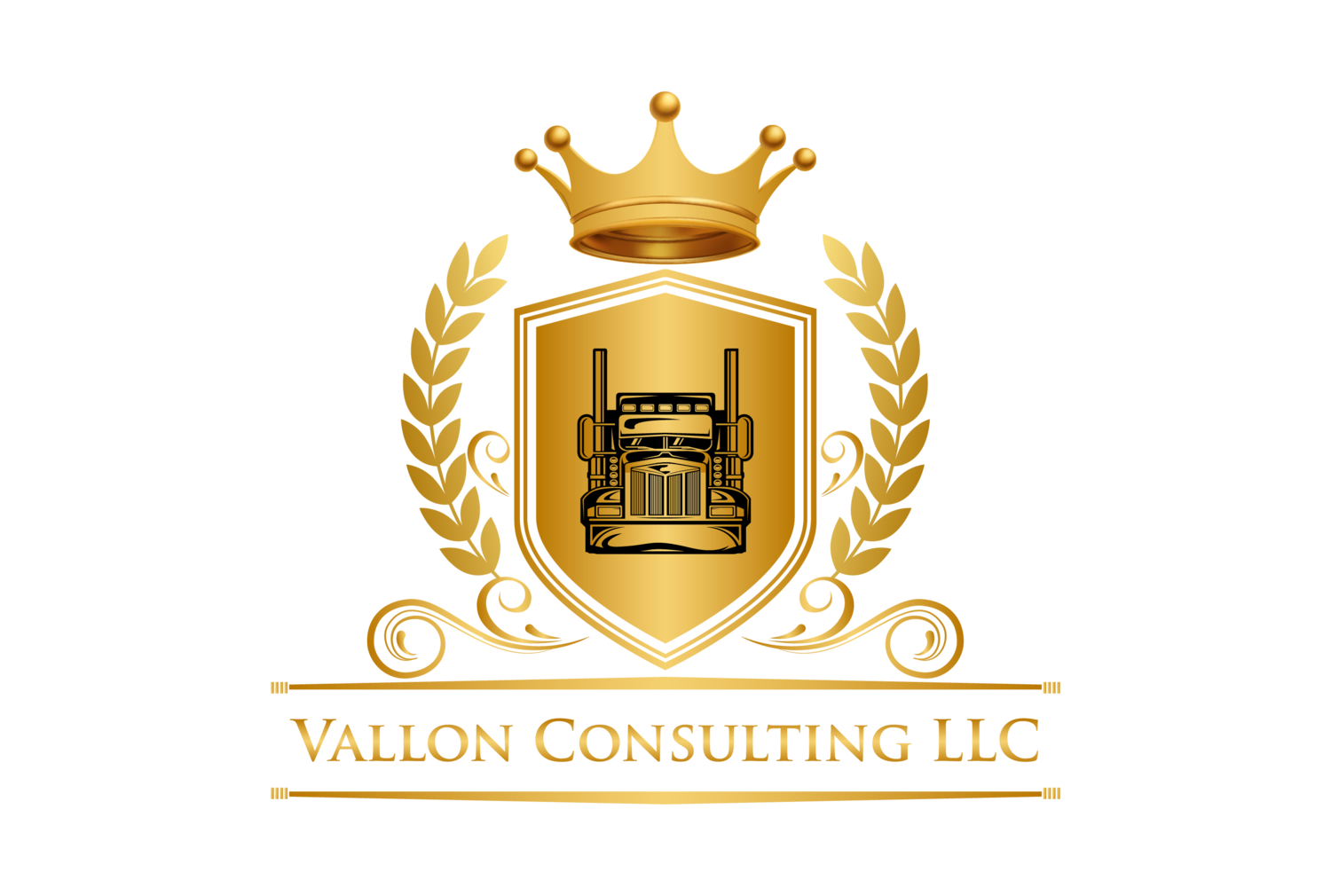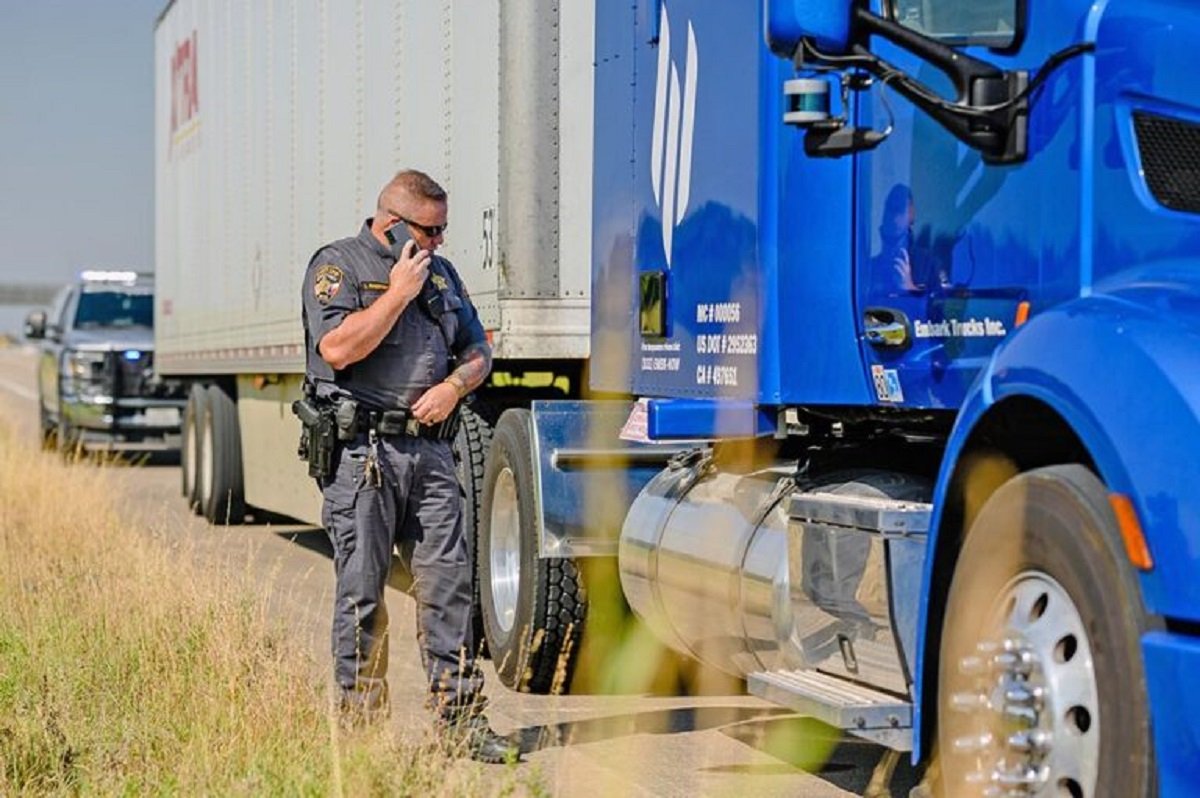Understanding DOT Compliance: Navigating the Rules and Regulations for a Smooth Journey on the Road
When it comes to the transportation industry, safety is paramount. The Department of Transportation (DOT) recognizes this and has implemented regulations to maintain safety standards and protect drivers and the public. This comprehensive framework, DOT compliance, encompasses various rules and requirements that businesses and individuals must adhere to when operating commercial motor vehicles (CMVs).
What is DOT Compliance?
DOT compliance refers to the adherence and fulfillment of the regulations the Department of Transportation sets forth. These regulations aim to ensure the safety of CMV operations, including commercial trucks, buses, and other vehicles used for business purposes. DOT compliance covers a wide range of areas, including vehicle maintenance, driver qualifications, hours of service, drug and alcohol testing, and record-keeping.
Understanding DOT Compliance Guidelines
In order to navigate the complex landscape of DOT compliance successfully, one must understand the guidelines and requirements. Let's explore the critical aspects of DOT compliance:
Proper vehicle maintenance is vital for safe operation and regulatory compliance. DOT regulations stipulate that CMVs must undergo regular inspections, including pre-trip, post-trip, and annual inspections. These inspections ensure that vehicles meet safety standards and are in good working condition. Keeping detailed records of all inspections, repairs, and maintenance performed on each vehicle is crucial.
Another critical aspect of DOT compliance is ensuring that drivers are qualified and competent. To be eligible to operate a CMV, drivers must possess a valid commercial driver's license (CDL) and meet specific medical requirements. DOT regulations also outline the minimum age for drivers, driving experience, and training requirements. Background checks and driving record reviews are necessary to assess a driver's suitability for employment.
3. Hours of Service (HOS)
The Hours of Service regulations aim to prevent driver fatigue and promote road safety. These regulations dictate a driver's maximum hours on duty and the required rest periods between shifts. The vehicle type and the trip's nature determine the variation in HOS rules. Adhering to these rules prevents accidents caused by driver fatigue, ensuring that drivers operate vehicles while well-rested and alert.
4. Drug and Alcohol Testing
DOT regulations mandate drug and alcohol testing to maintain a drug-free and alcohol-free working environment for CMV operators. Employers are responsible for implementing comprehensive drug and alcohol testing programs that include pre-employment, random, post-accident, and reasonable suspicion testing. Compliance with these testing requirements helps identify and address substance abuse issues, promoting road safety.
5. Record-Keeping
Accurate record-keeping is crucial for DOT compliance. Various records must be maintained, including driver qualification files, vehicle inspection reports, maintenance records, and hours of service logs. These records provide compliance documentation and serve as valuable resources for auditing purposes. Keeping records organized and readily accessible ensures regulatory compliance and simplifies the process of inspections or audits.
Frequently Asked Questions?
-
Failure to comply with DOT regulations can result in severe consequences. These may include fines, penalties, license suspensions, or even the shutdown of operations. Non-compliance not only puts your business at risk but also compromises the safety of drivers and the general public.
-
While the overarching DOT regulations apply nationwide, some variations exist at the state level. It's essential to familiarize yourself with any additional state-specific requirements that may apply to your operations. Staying informed and up to date with current regulations is crucial for maintaining compliance.
-
You should consistently maintain compliance because DOT audits can occur at any time. The frequency of audits varies depending on factors such as your operation's size and compliance history. Being prepared and keeping well-organized records will facilitate a smoother auditing process.
-
No, DOT compliance applies to any individual or business operating commercial motor vehicles. Whether a small business with a single truck or a large fleet management company, you must comply with DOT regulations. Road safety is a collective responsibility; all CMV operators must adhere to the same standards.
-
DOT regulations may evolve, introducing new rules and updates. Regularly check the official DOT website and subscribe to newsletters or updates from reputable industry organizations to stay informed. Additionally, attending seminars, webinars, or industry conferences can help you stay updated with the latest changes in DOT compliance
In conclusion, understanding and complying with DOT regulations is crucial if you're a transportation company or an individual operating commercial motor vehicles. Non-compliance can result in hefty fines, penalties, or even the shutdown of your operations.
Partnering with Vallon Consulting grants you access to a team of professionals with the expertise and experience required to assist you in maintaining DOT compliance. Our customized solutions guarantee seamless operations and prioritize safety above all else. We take immense pride in offering our clients comprehensive support, from initial assessments to continuous compliance management. To ensure the safety of your drivers and the public, do not take any chances; instead, choose Vallon Consulting for dependable and efficient DOT compliance services. Reach out to us today to acquire further information.
About Vallon Consulting LLC: Vallon Consulting is A Full-Service Trucking Consulting Company that tackles some of the most critical challenges and obstacles in the trucking industry. Our diverse global team is passionate about helping carriers and fleet managers meet their goals and ensure business stability. We do this by providing services, solutions, resources, and education.
At Vallon Consulting, We Take A “No Carrier Left Behind” Approach. Our Mission is to provide services and resources that address our client’s unique needs. You can learn more about us online at www.vallonconsulting.com and stay tuned with industry updates by following us on Instagram, LinkedIn, Facebook, and Twitter.


